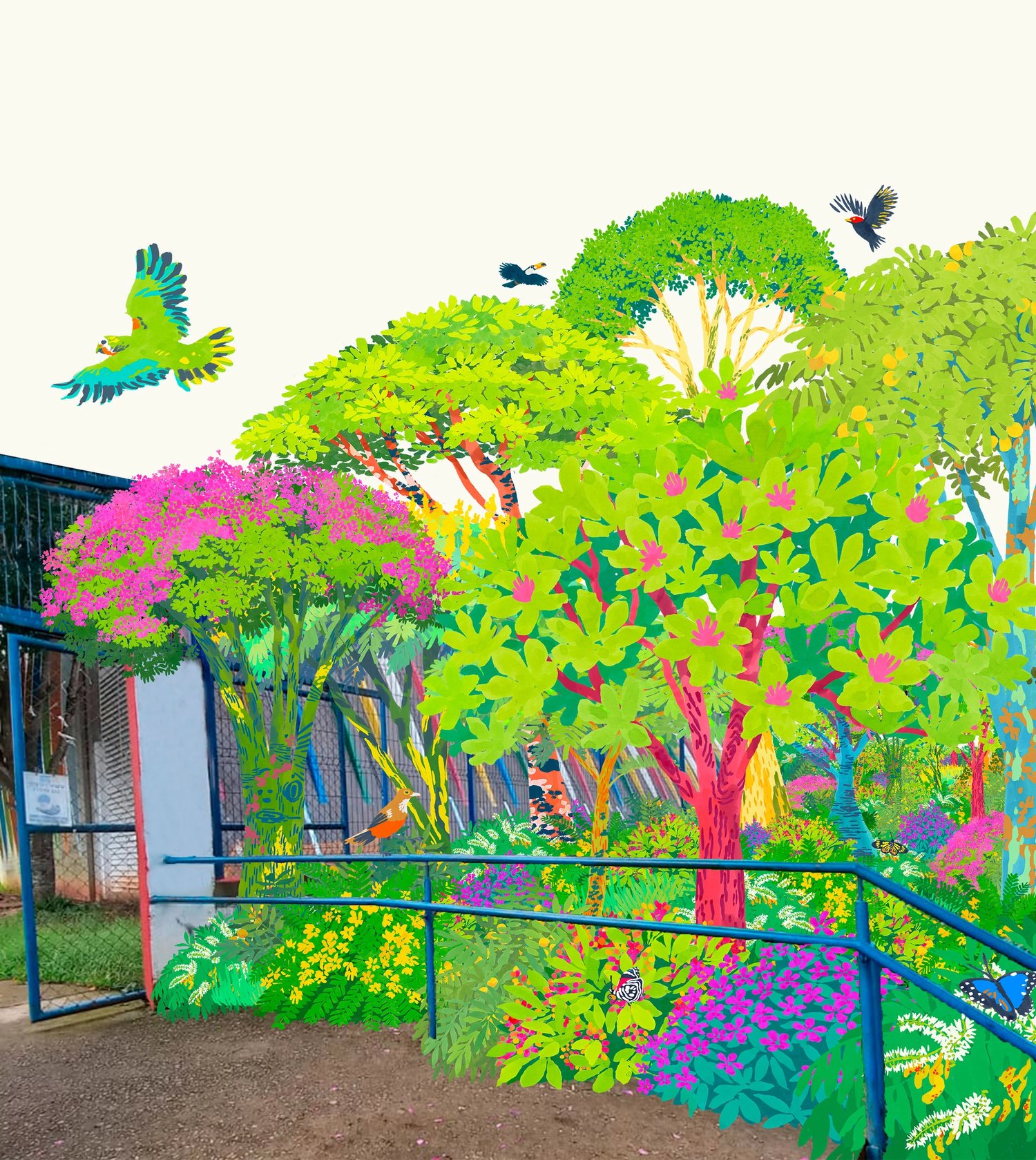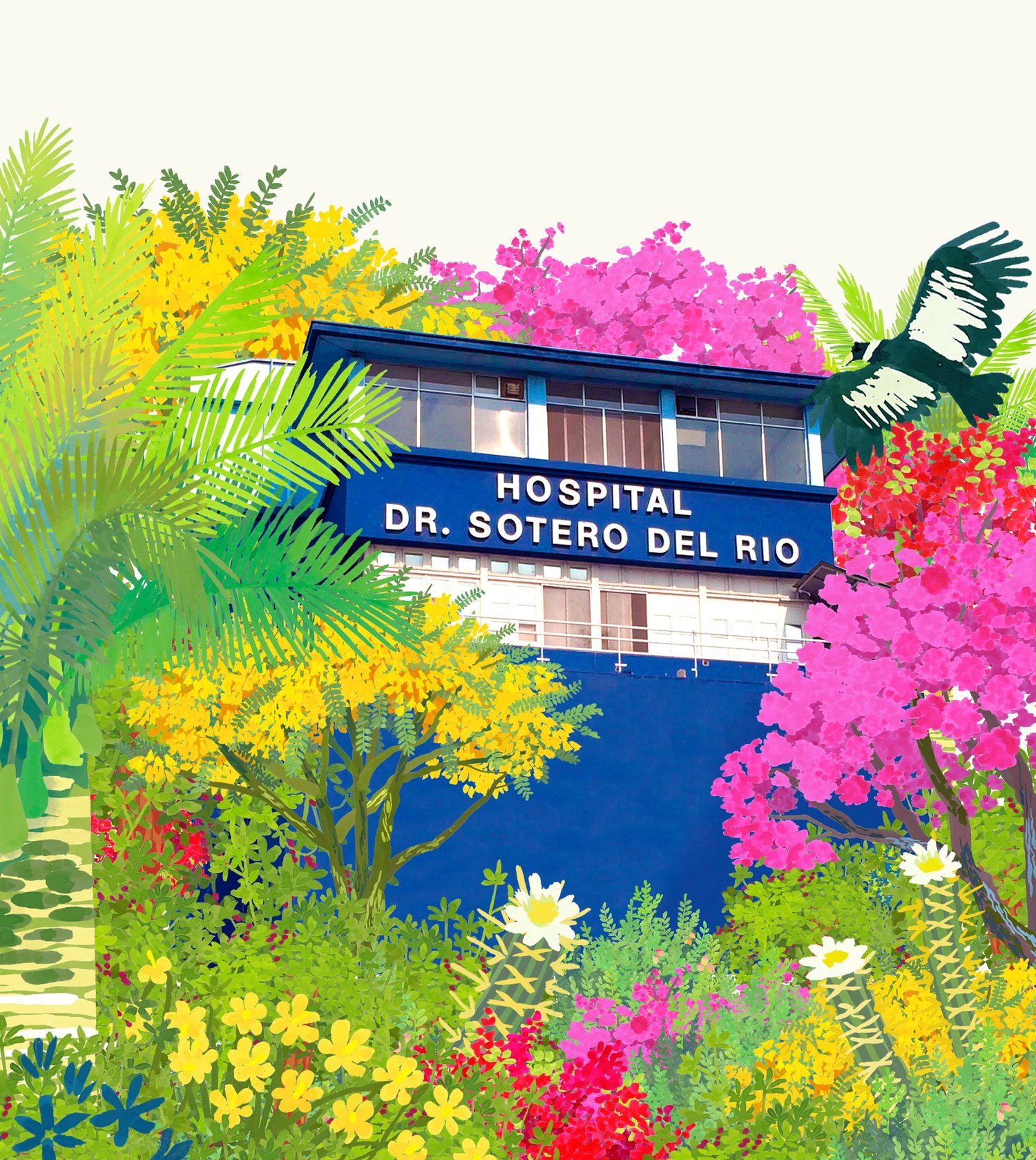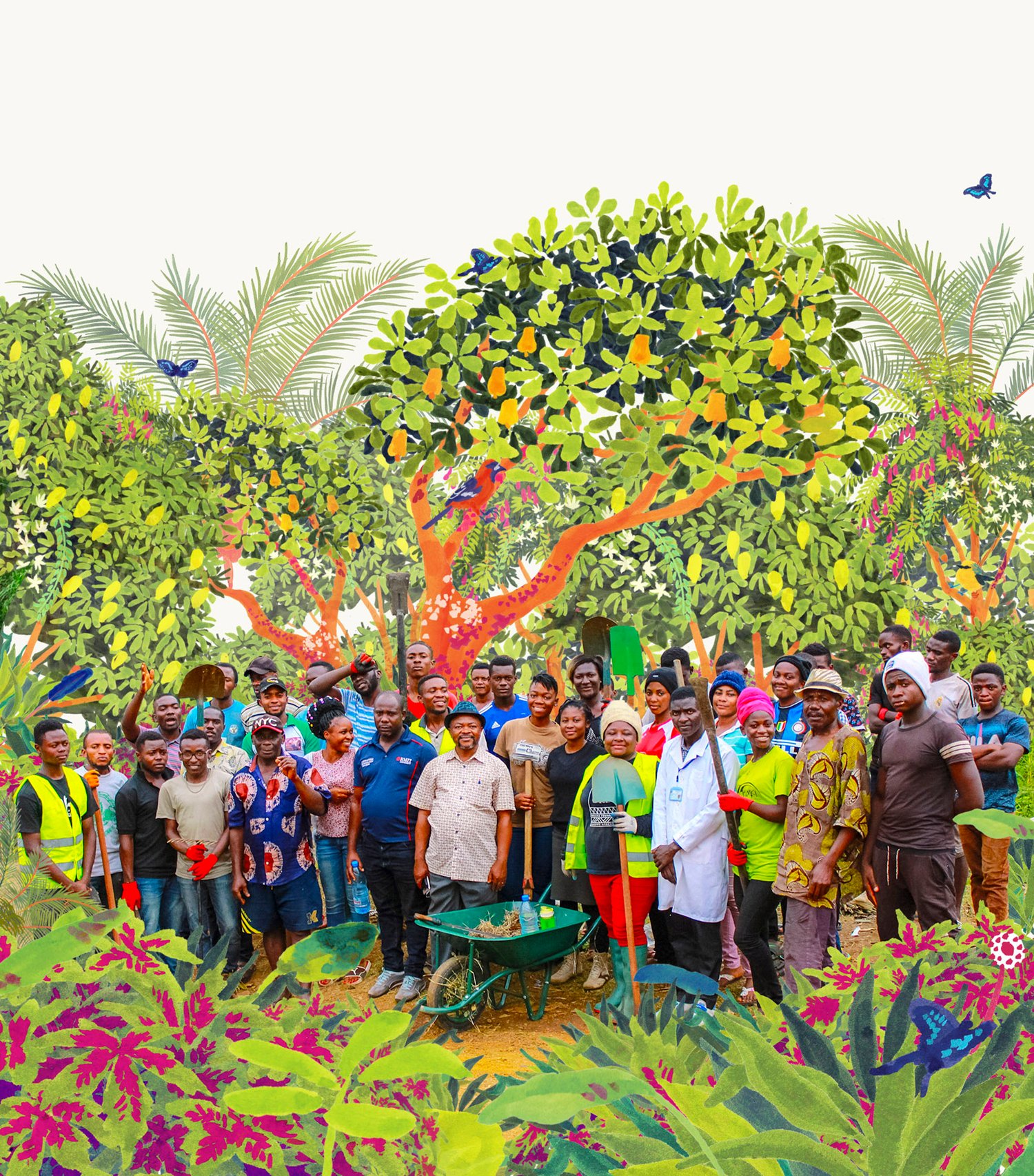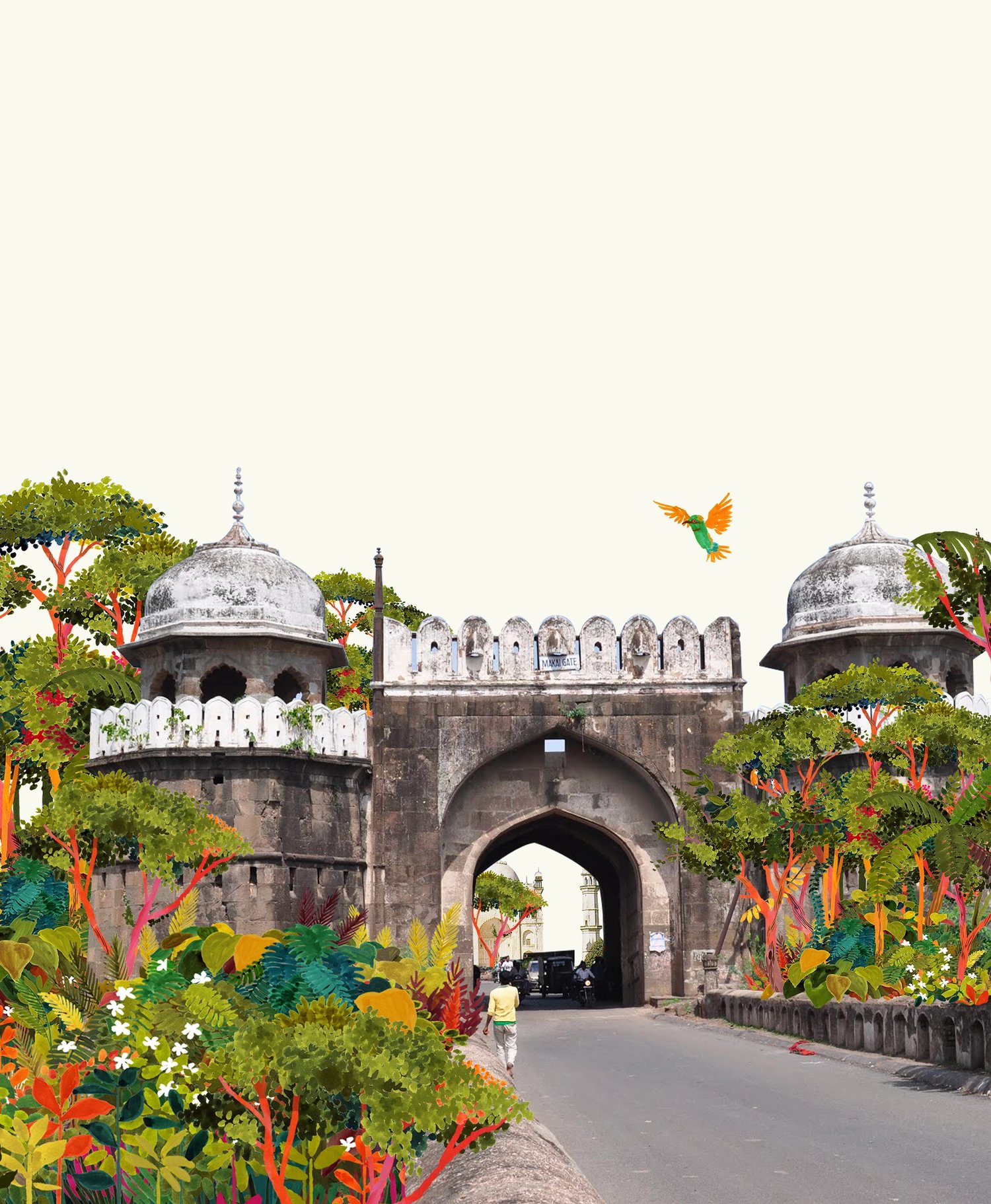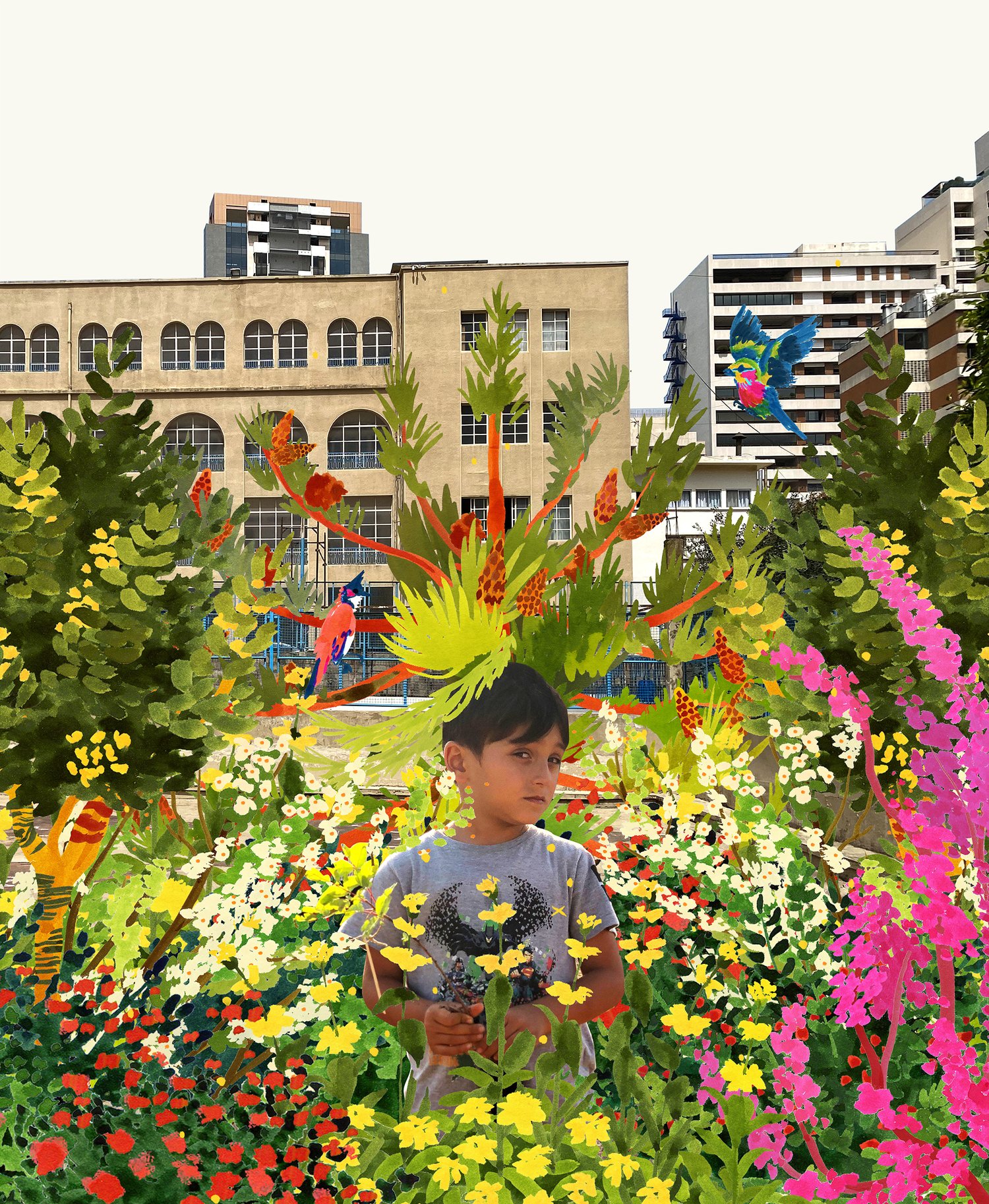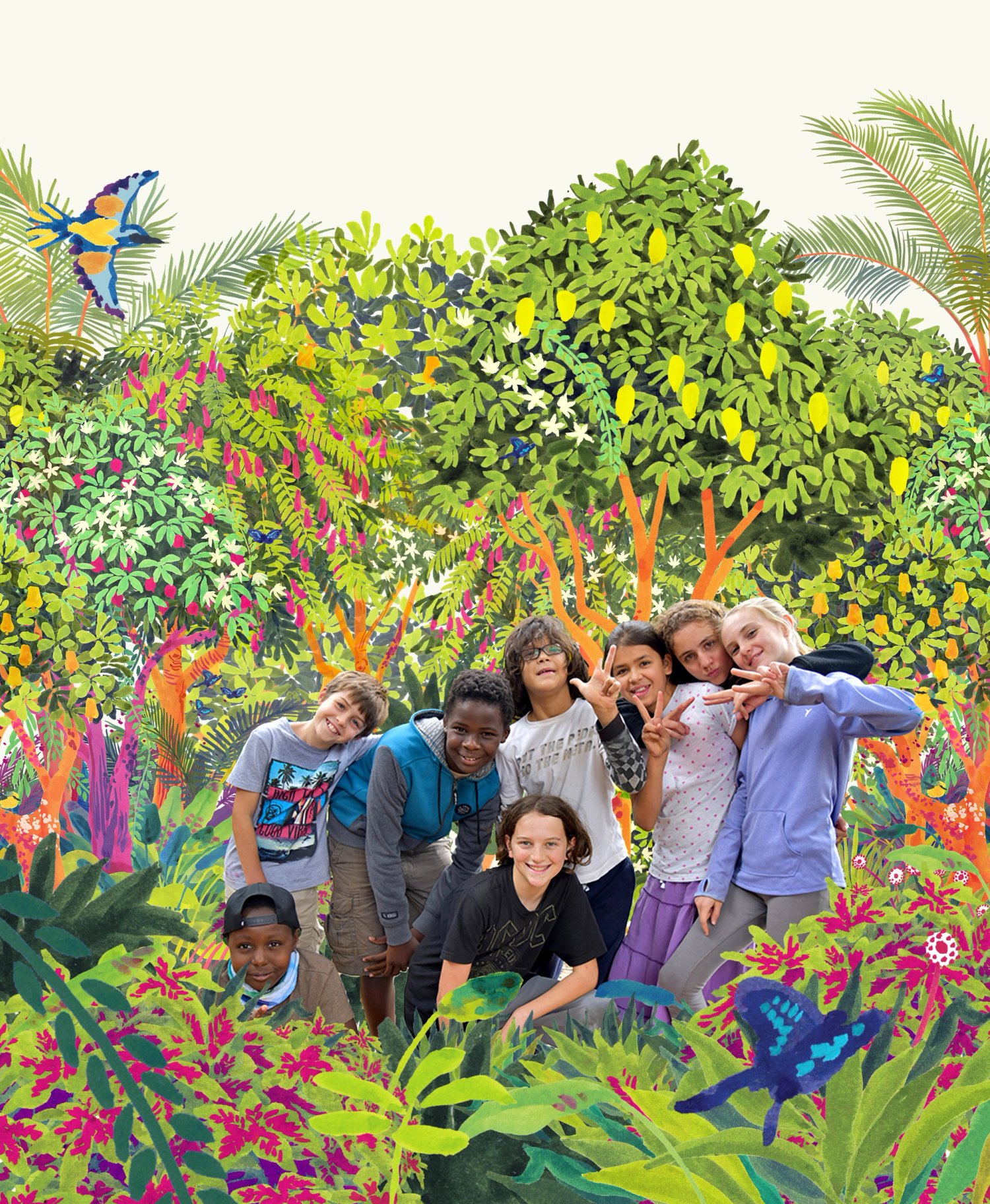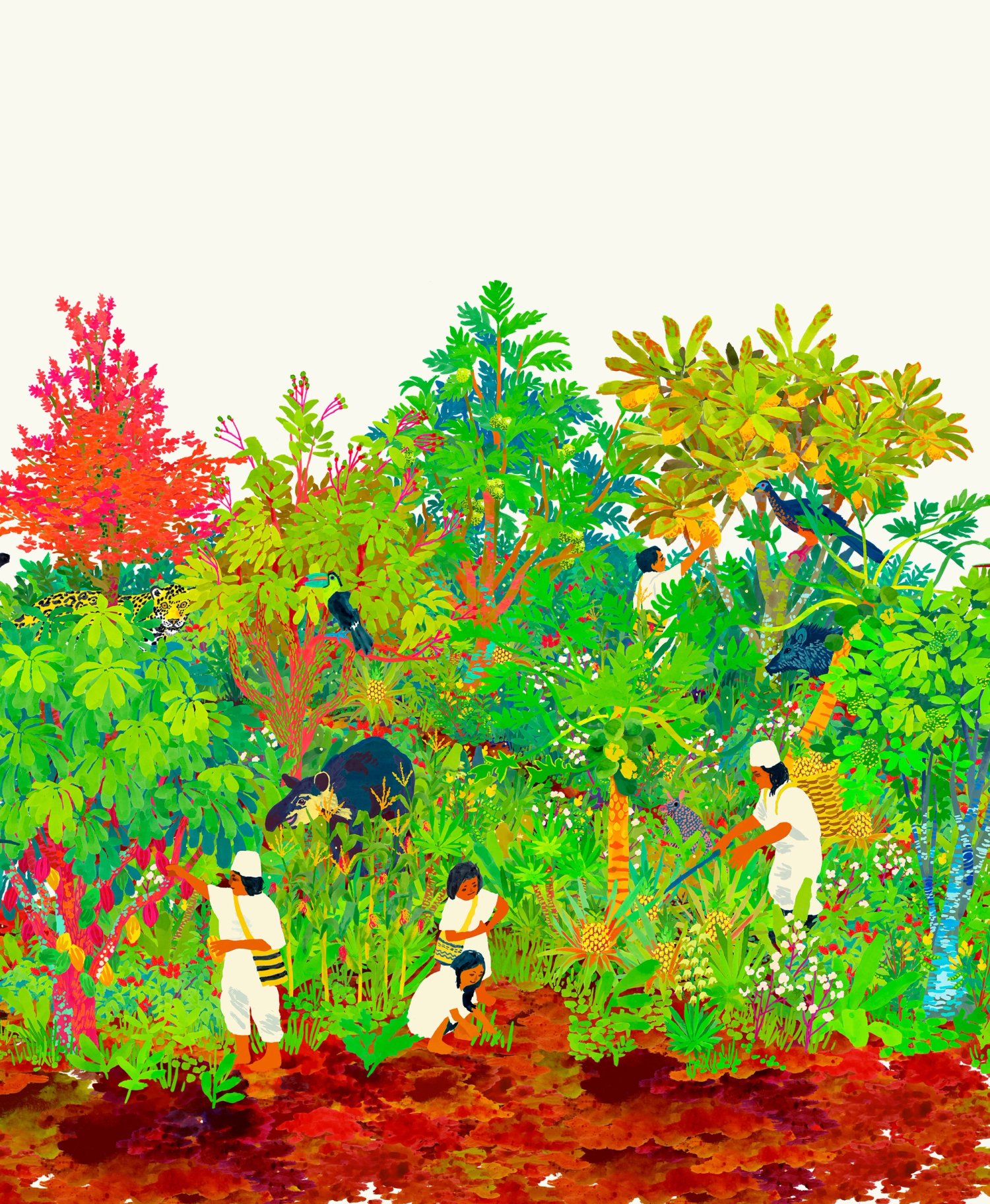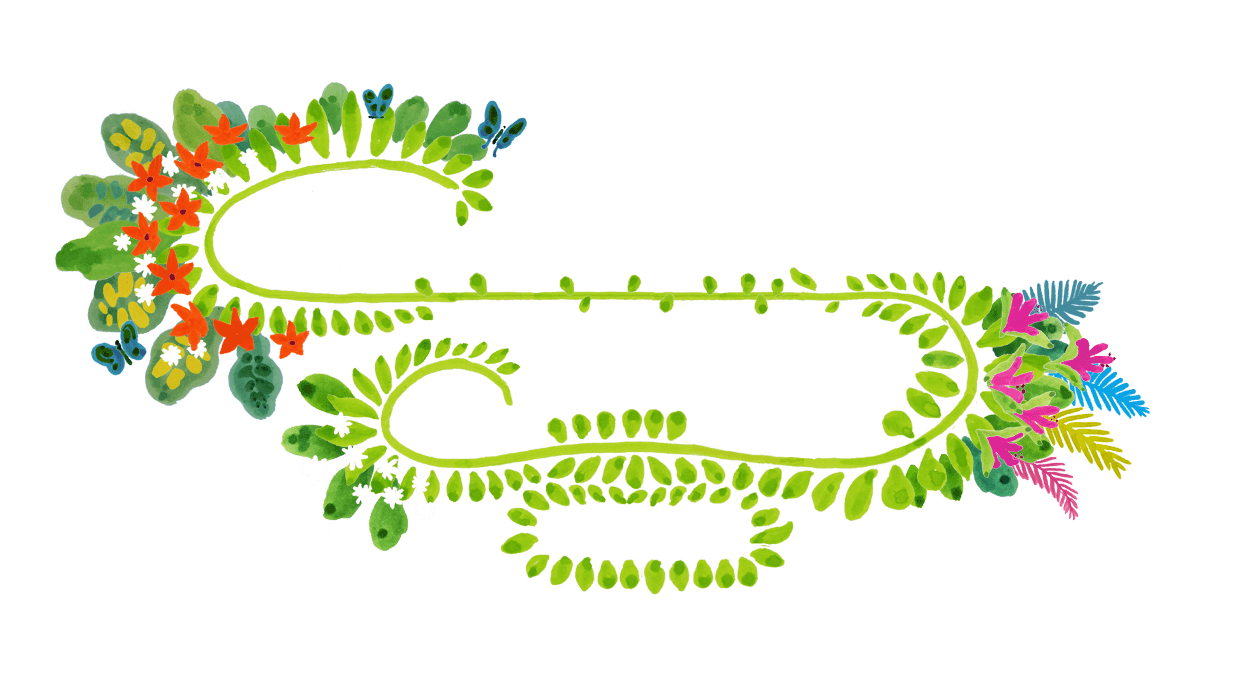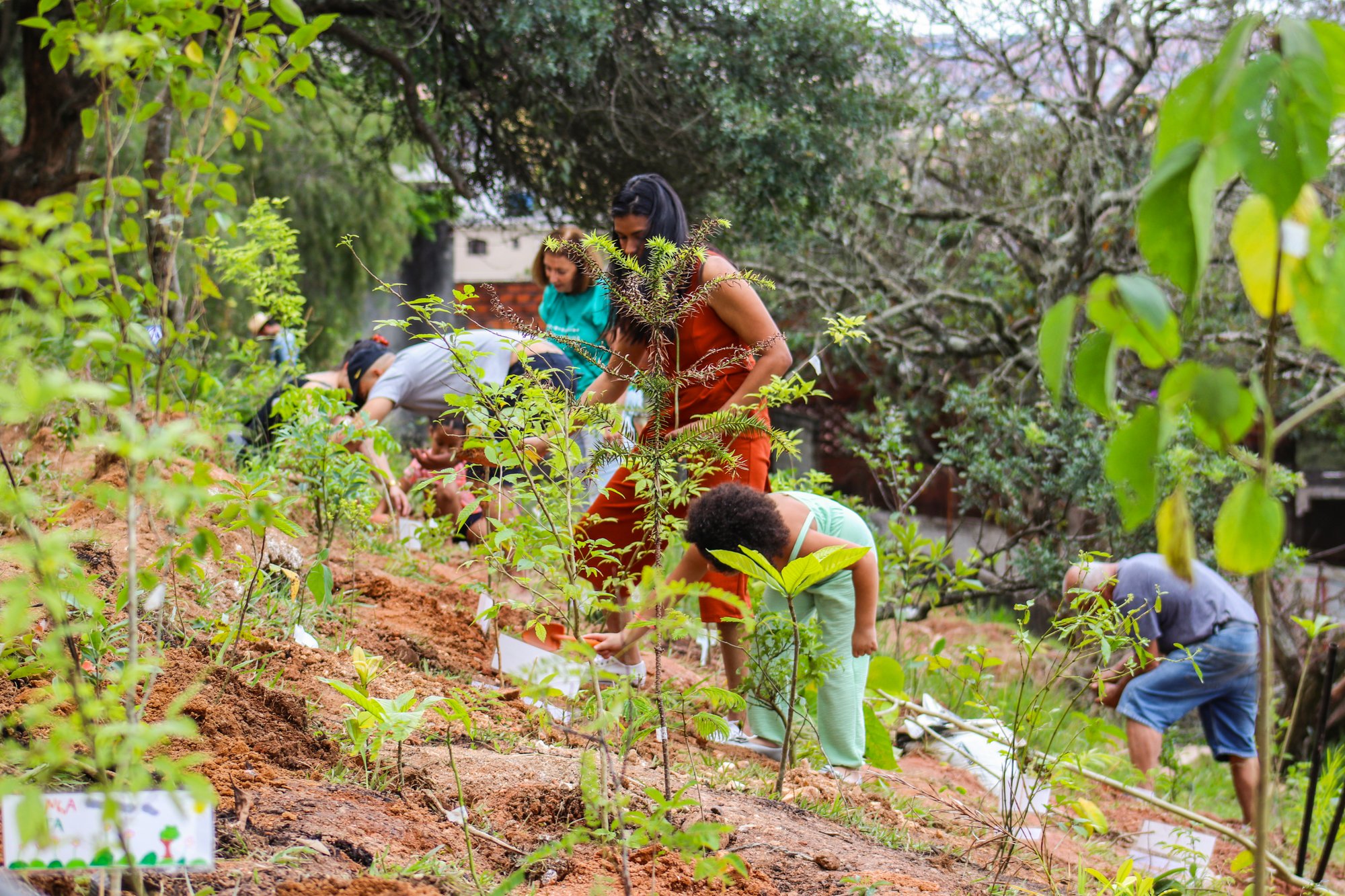

Architecting planetary well-being with re:arc institute
14
FORESTS
50,335
TREES
53,704
SQUARE METERS
326
NATIVE SPECIES
SUGi is delighted to be a part of the re:arc institute inaugural round of partnerships designed to reframe planetary practices from extractive paradigms to those built around custodianship and care.
The mission of this emerging philanthropic initiative is beautifully aligned with our focus on community-driven nature solutions. Together, we’ll create 14 forests that strengthen local collaborations and support the shared goals of restoring ecological and societal balance and health.
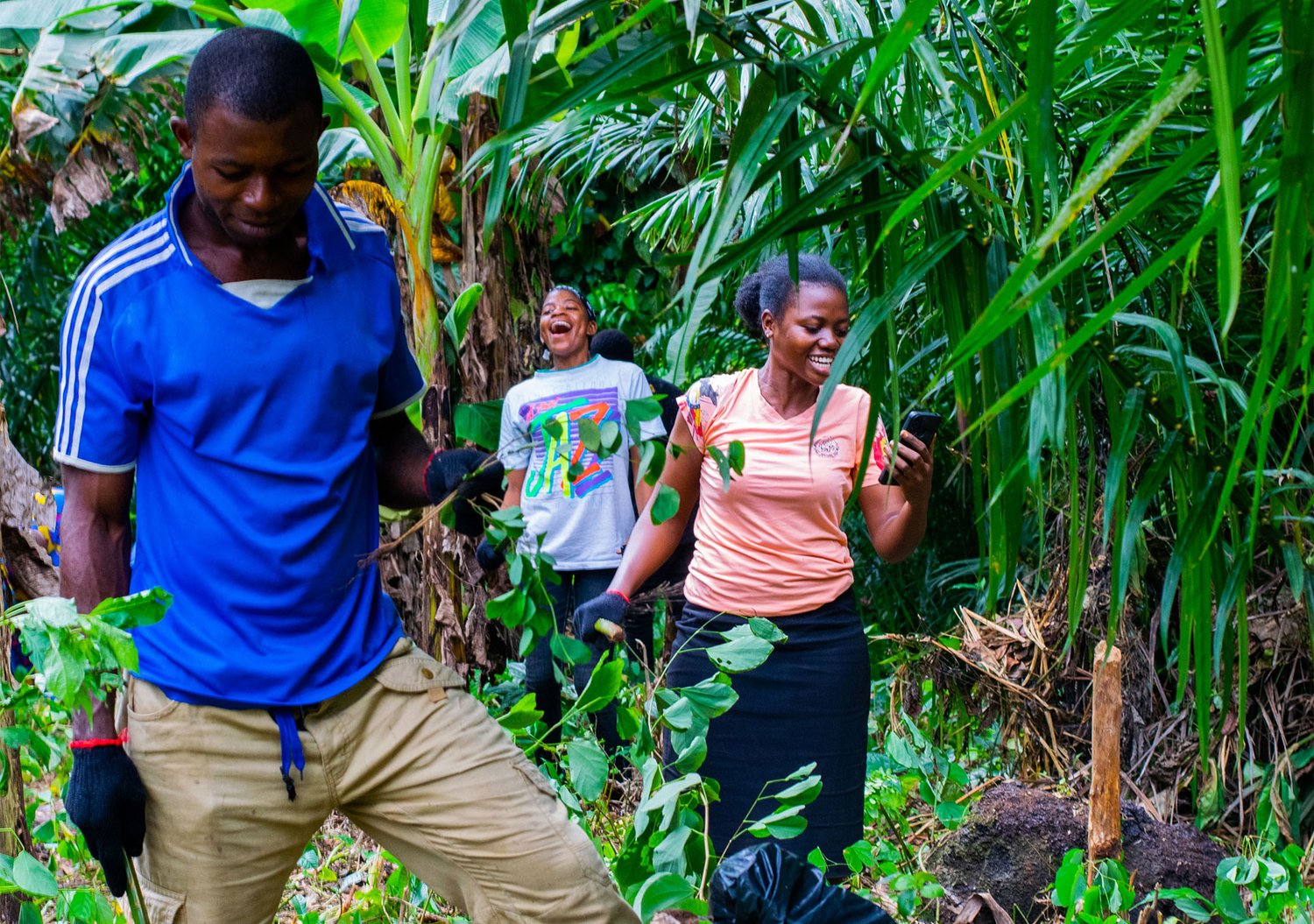
Etome — Batoké, Cameroon
Etome is SUGi’s fourth water catchment project. Etome village is situated next to the Atlantic coast, with Mt Cameroon and Mt Etinde behind it. This location gives the native forests and their ecosystems great biological significance. Yet the area is in desperate need of restoration; parts have been cleared for agricultural activities, with some sections destroyed following lava flows from Mt Etinde.
A Miyawaki forest will be planted in an area that supplies water to three towns. Two of the local rivers have dried up in recent years and a third is rapidly shrinking.
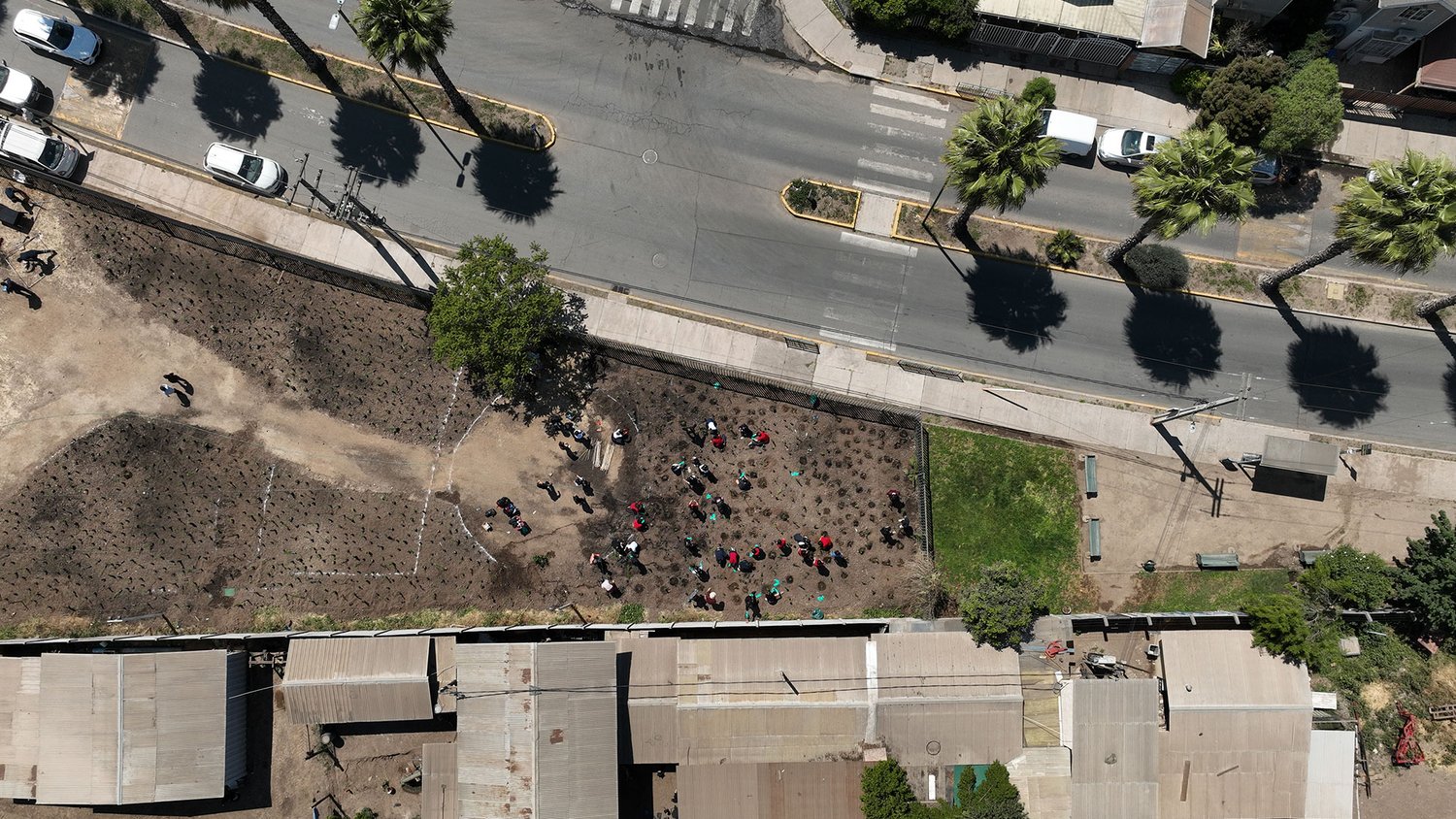
Maipú Student Forest — Santiago, Chile
Planting an indigenous forest at the Liceo Bicentenario de Maipú would see greenery restored and provide a site for biodiversity to flourish in the busy city of Santiago. The site is next to a main road and consequently, Maipú School Forest will tackle air pollution, enabling the entire school community to breathe more easily.
Thanks to its visibility from the roadside, the forest will become a recognisable landmark in the local community showing how green interventions can bring physical, mental and emotional benefits to all.
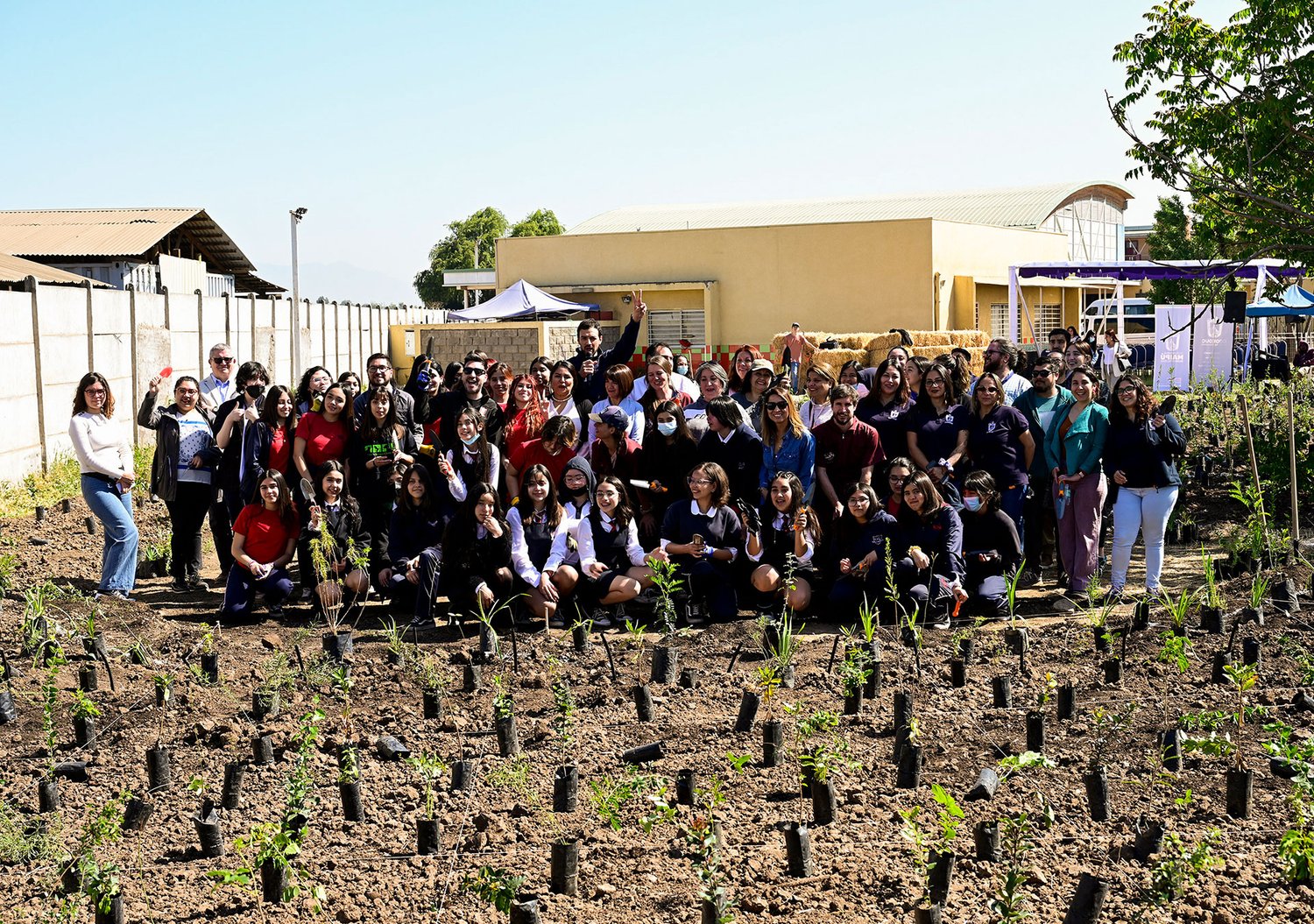
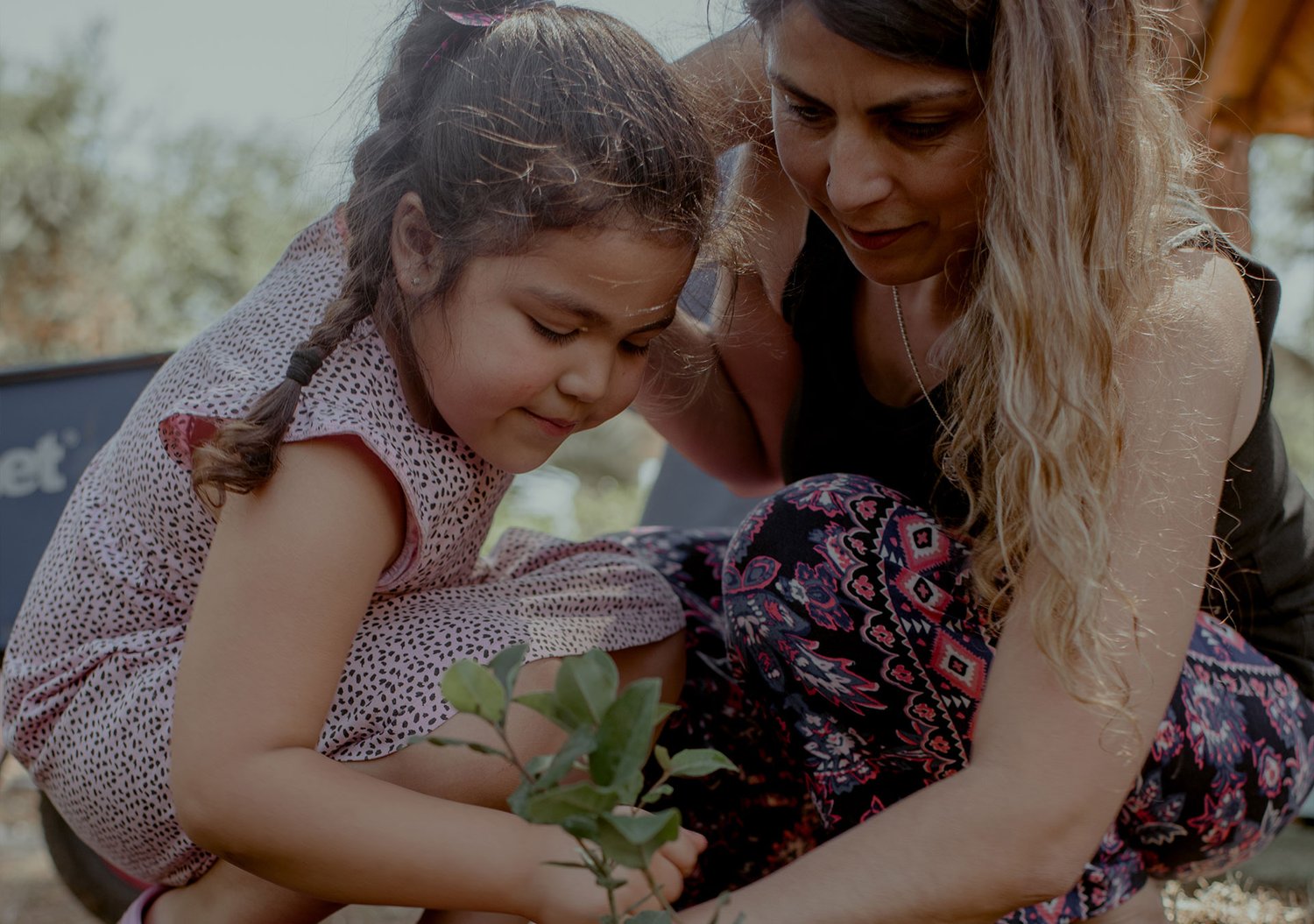
Trapa Trapa Forest — Santiago, Chile
Trapa Trapa Forest means ‘place of peace’ in Mapudungun, the native dialect of the indigenous Mapuche people. It will be located at the Sotero del Río Hospital, one of the busiest hospitals in Chile.
This Miyawaki Forest will be filled with indigenous medicinal species, inspired by the healing work of the hospital, to connect 21st century healthcare with indigenous knowledge. It is hoped that in highlighting this link between nature and modern healthcare, the forest will help people to understand the immense value of our natural resources and how people and our planet are intimately connected.
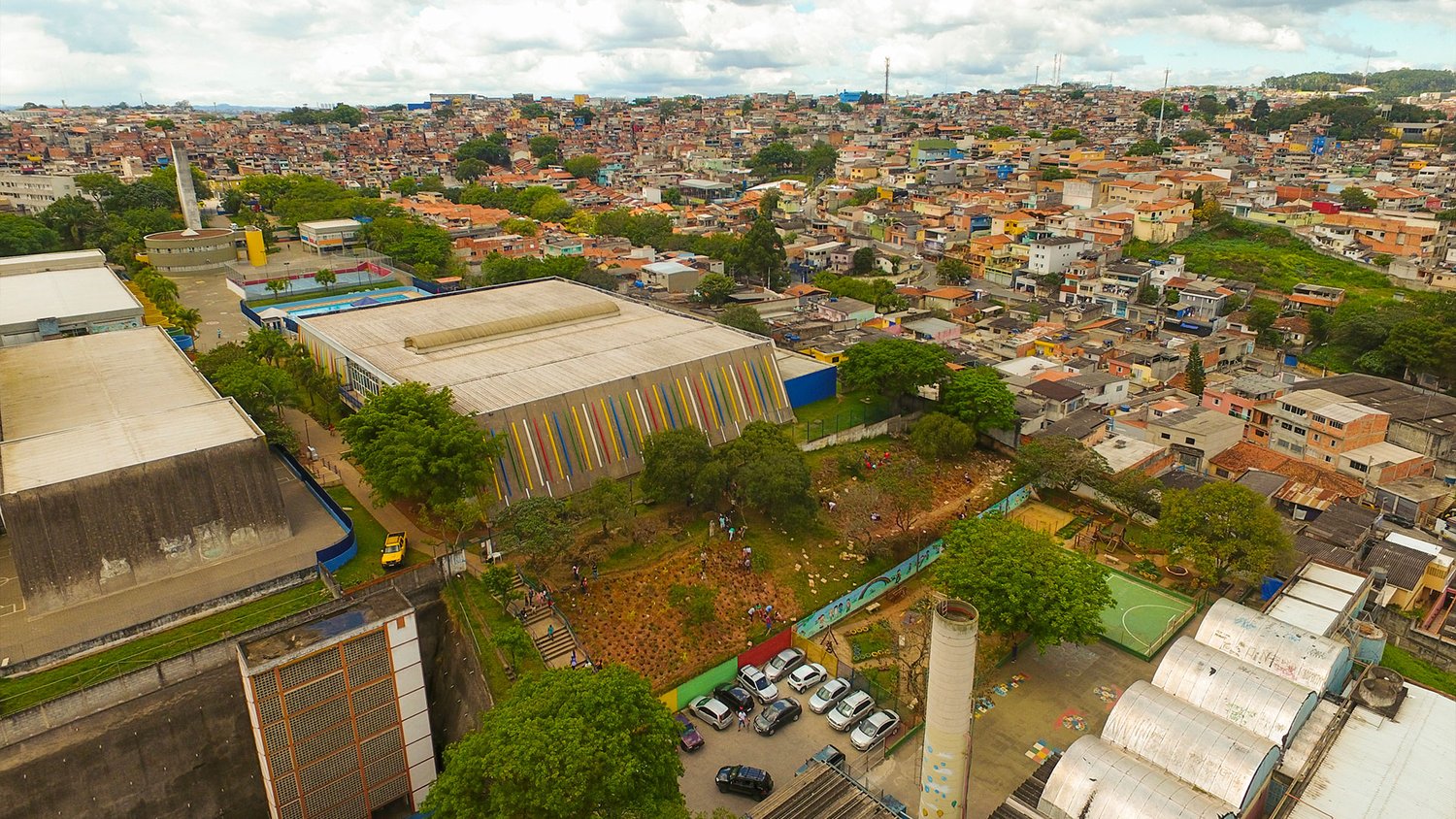
Capão Redondo Forest — São Paulo, Brazil
Capão Redondo Forest will be located in the Unified Educational Center (CEU) of the highly-urbanised and low income Capão Redondo neighborhood of São Paulo. In addition to being a cultural and sports center open to the local community, CEU Capão Redondo has 3 public schools serving almost 3,000 students aged 0 to 15 years old.
Capão Redondo Forest will restore a degraded patch of native Atlantic Forest, showing students and the local community how a biodiversity desert in an urban setting can be transformed into a thriving ecosystem once again.
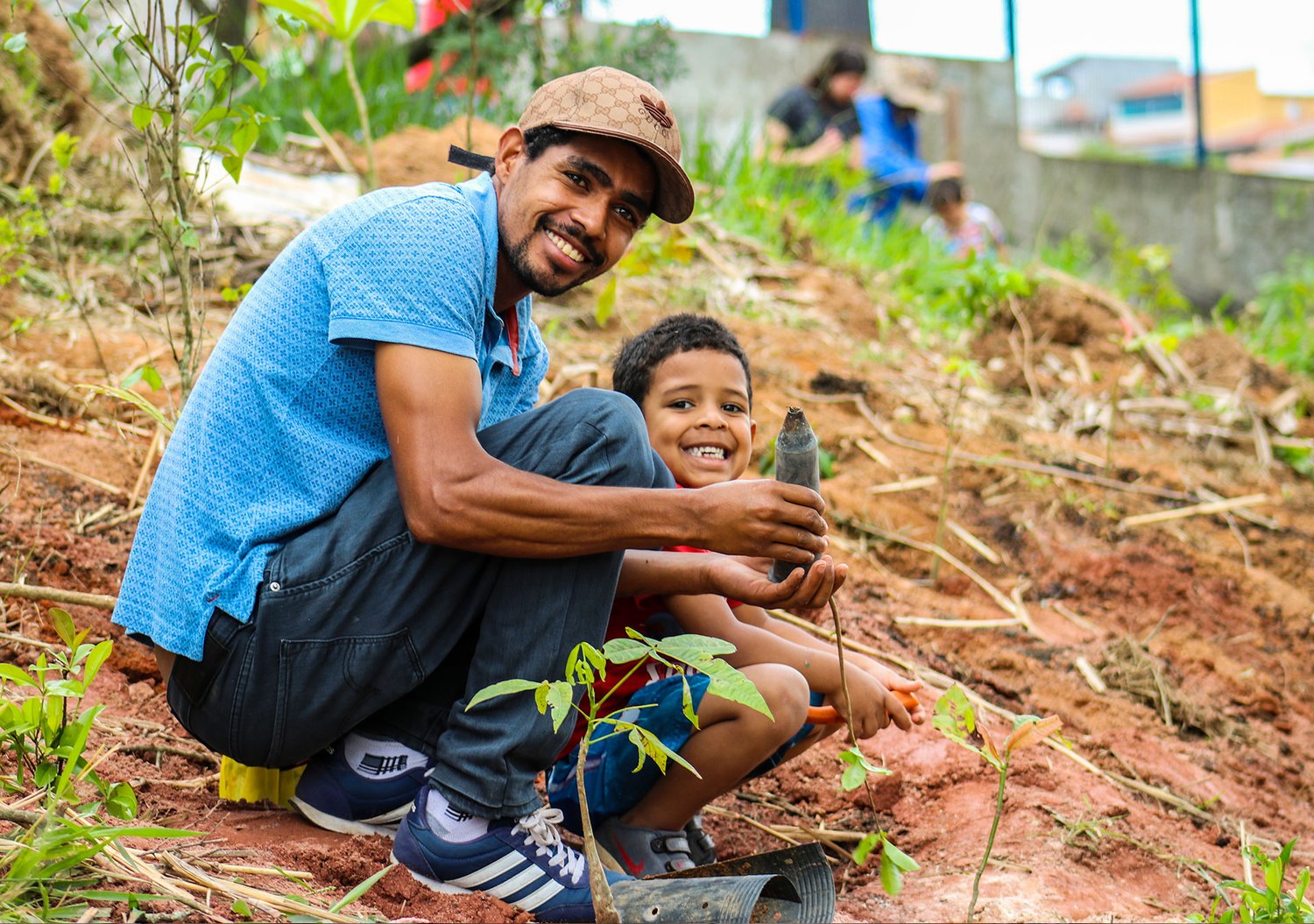
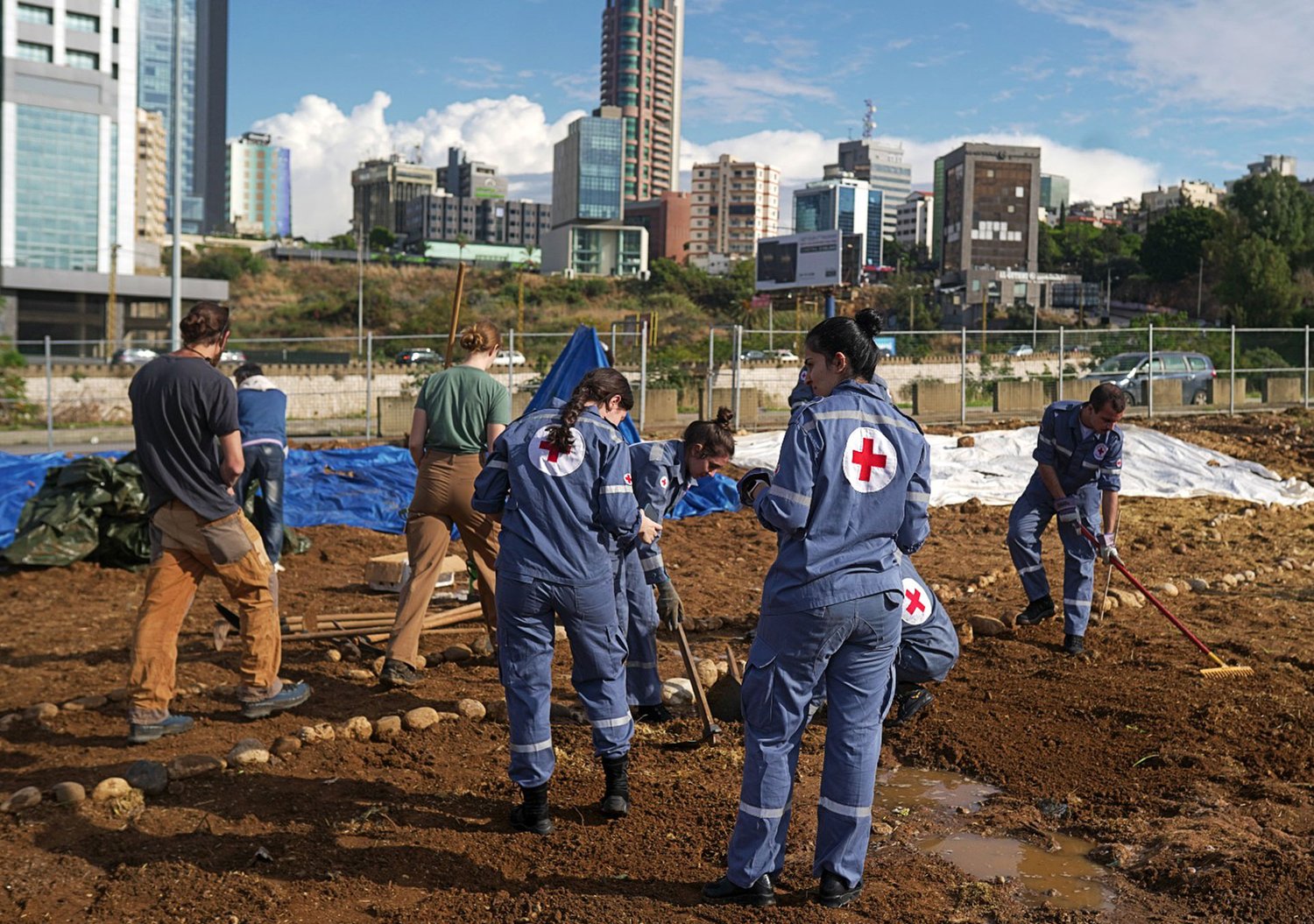
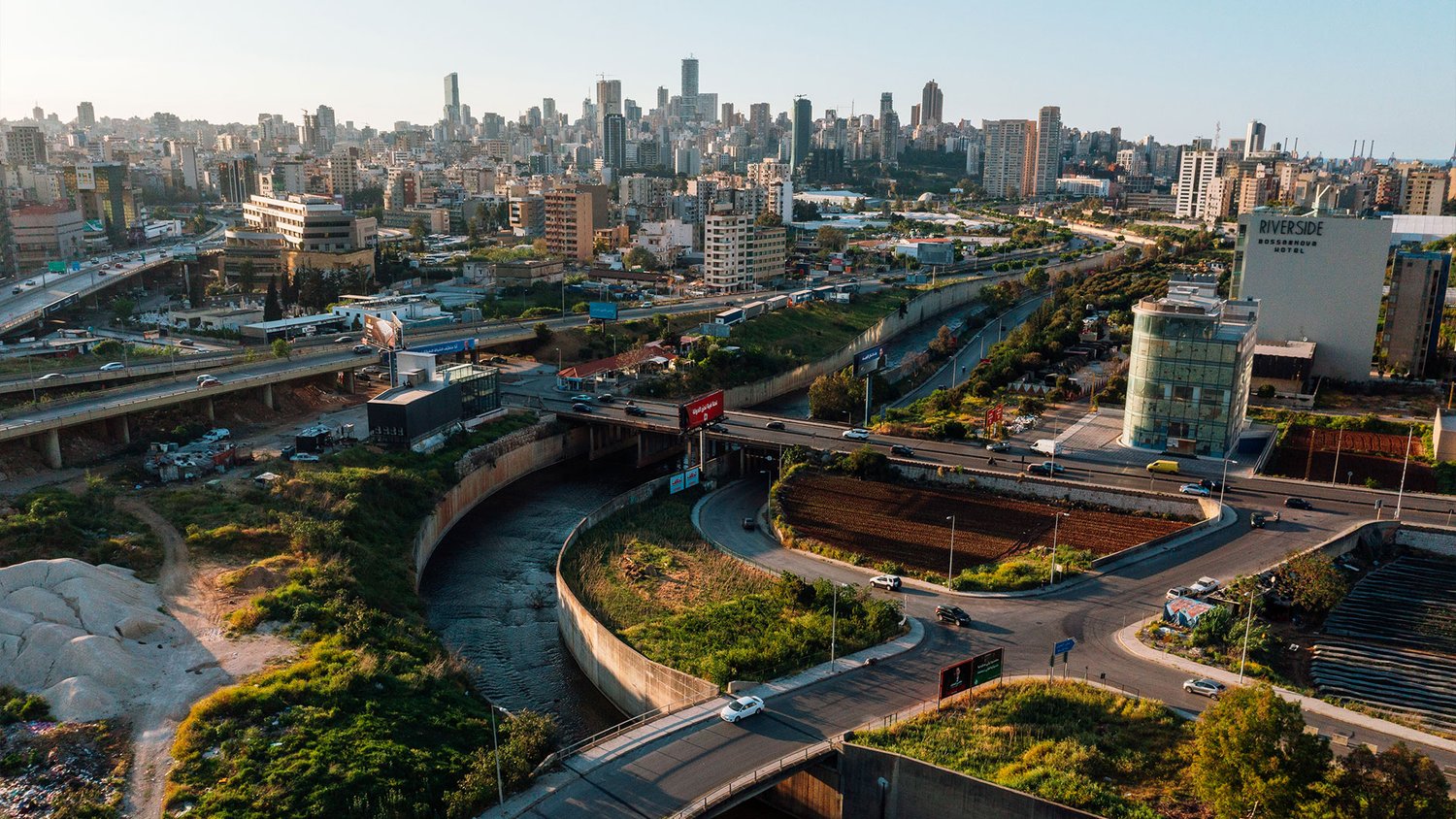
Beirut's Riverless Forest — Beirut, Lebanon
We are reversing the deteriorating condition of the Beirut River by planting urban landfills with native forest species. The local community is involved in all phases of the forest-making process. We aim to reclaim and restore shared habitat for humans and other organisms.
"Let’s enable the native plants, birds, insects and fungi to reclaim their rightful place in the city alongside their human neighbors."
Back to Play Forests — Lebanon, Beirut
Following the horrific August 4 2020 blast, the city of Beirut was left devastated. We want to plant micro Miyawaki forests as part of the rehabilitation of school playgrounds.
This will help heal the community through the physical act of planting, educating the students on the different native species, and exposing them to forest ecosystems in the context of highly urbanized Beirut. These forests will not only contribute to the restoration of the schools, but also to a great city still in dire need of regeneration. We will be starting with three schools that have been heavily impacted by the blast, in collaboration with the “Let’s Play” initiative.
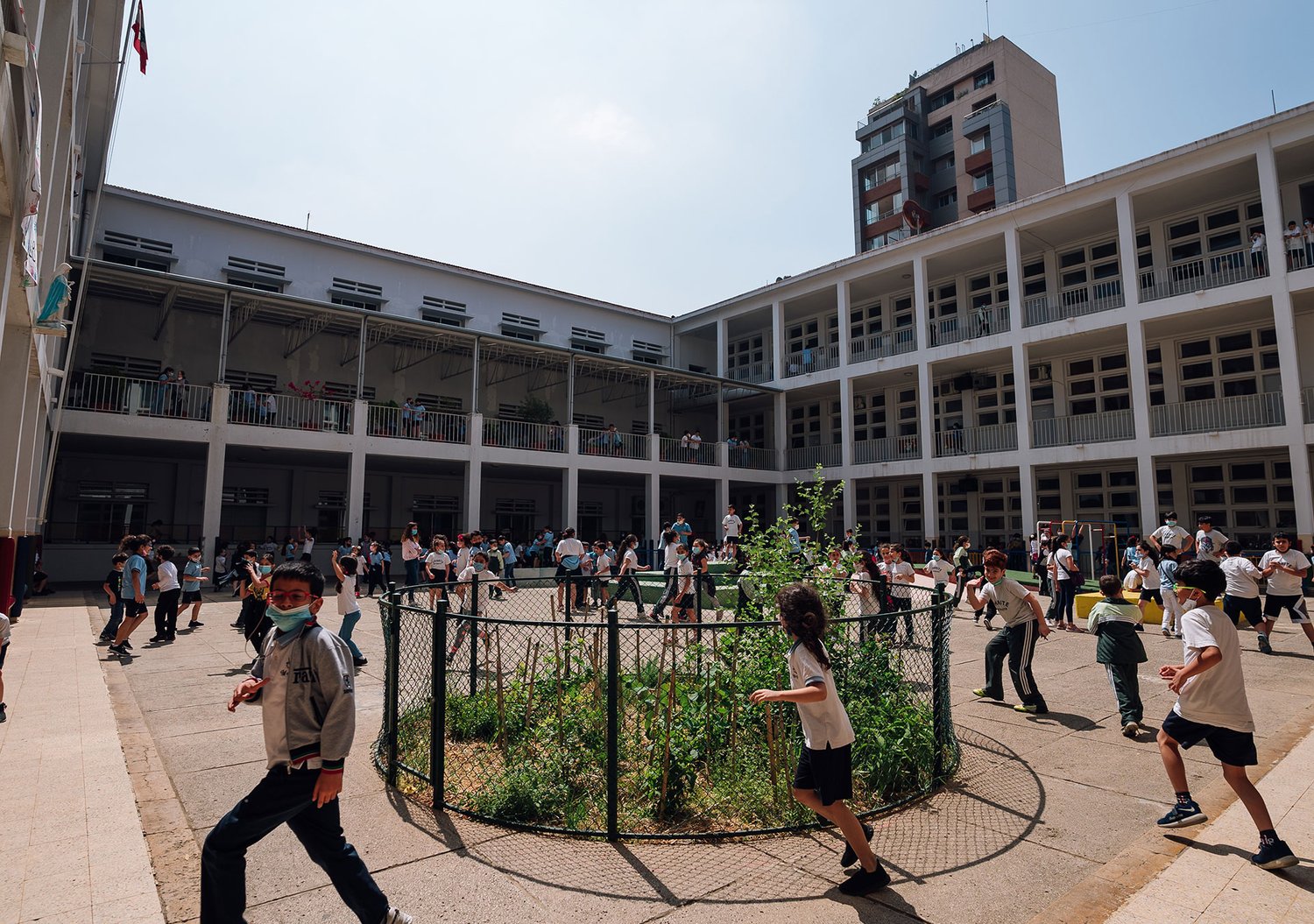
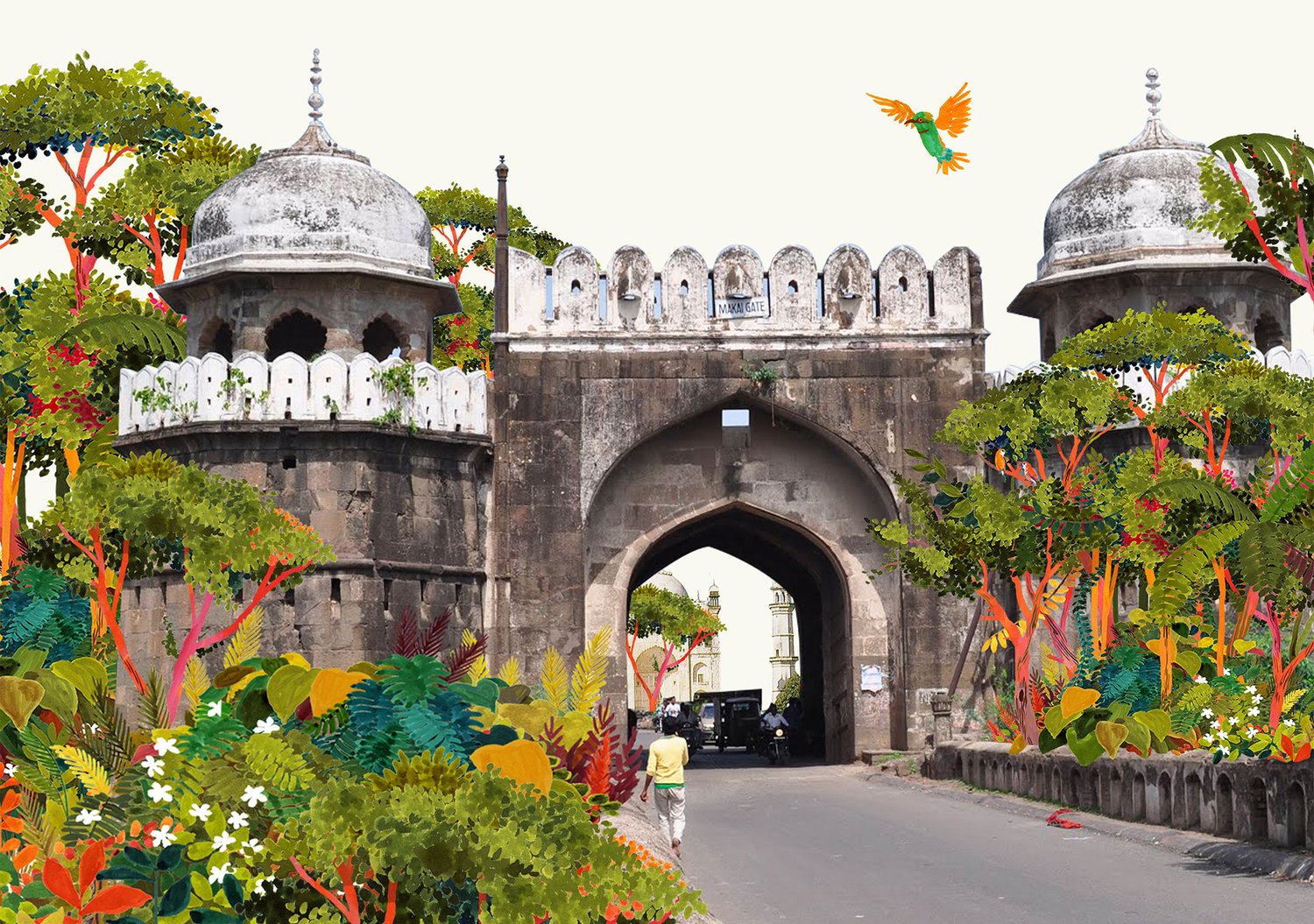
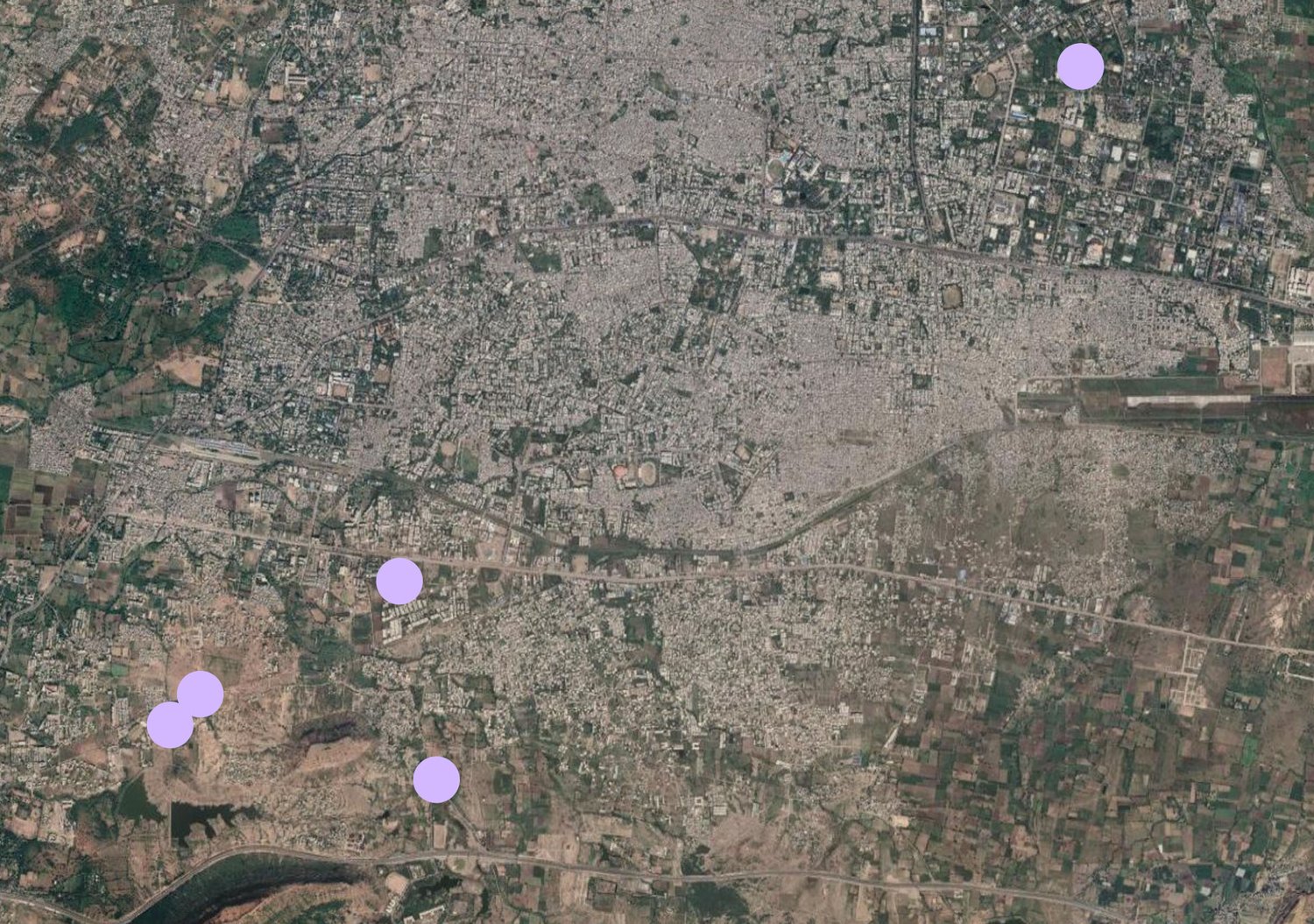
Green Mission Aurangabad — Aurangabad, India
The Green Aurangabad Mission is an ambitious project to plant over 27,000 native species at six sites across Aurangabad. These sites include places of primary, secondary and higher education, a hospital, along with community gardens.
The forests will become areas of rich biodiversity that support wildlife and become hubs for environmental education in their respective communities. These green spaces will also offer a peaceful place for local people to shelter from heat and reap the benefits of nature from better air quality to peace of mind.
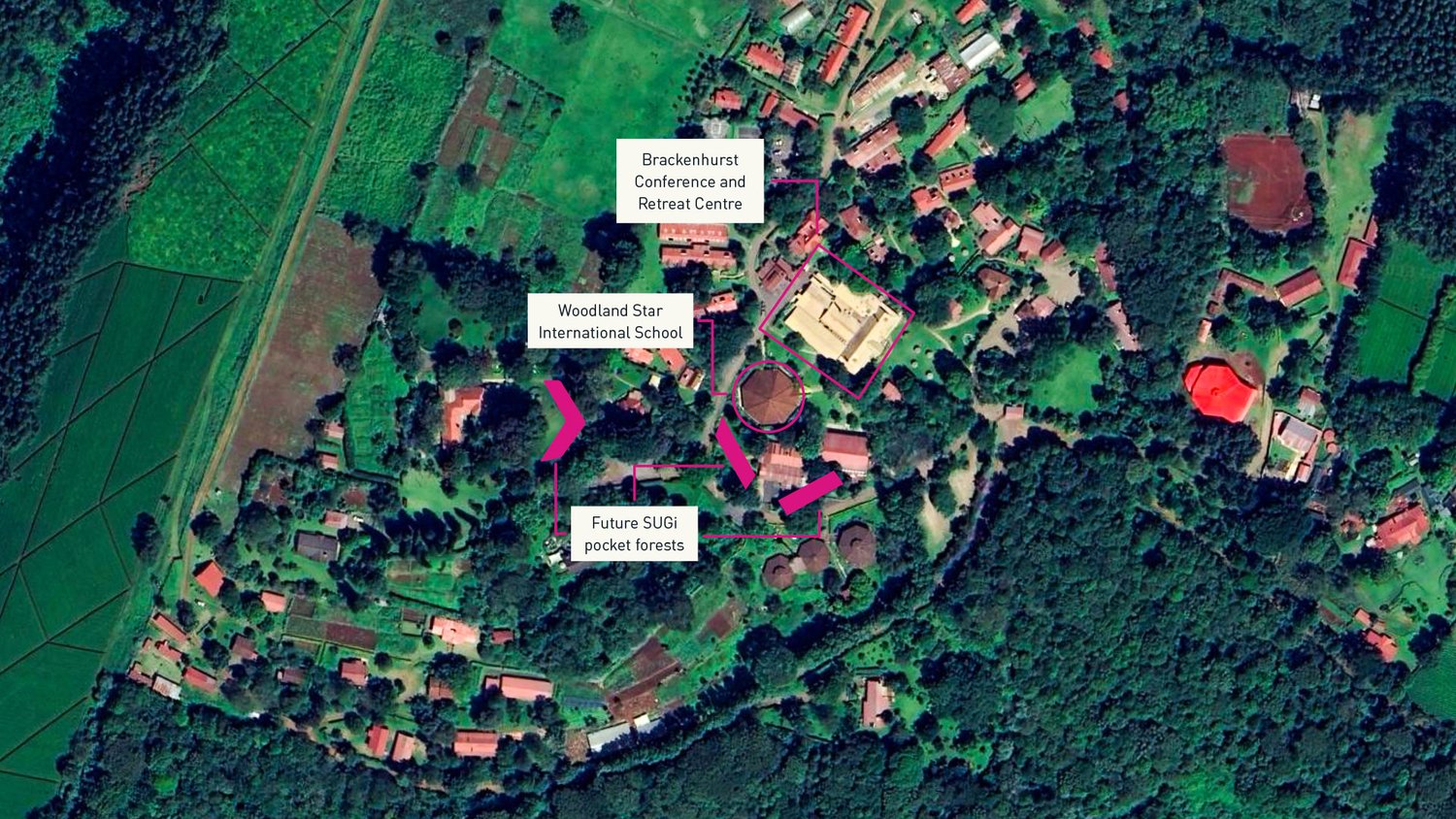
Woodland Star Forest - Nairobi, Kenya
Located on the edge of Nairobi, Kenya, the Woodland Star Forest is a collaboration with local communities and schools.
This project will restore an area of 400 Sq m exposed to climate change by removing the remnants of a eucalyptus plantation that has hampered biodiversity and led to poorly-nourished soil. The entire area was once the southern tip of the Aberdare ecosystem, yet now 99.9% of these native forests have been destroyed. Taking inspiration from conservation and restoration activities at Brackenhurst, this project will help to bring back the trees, birds and wildlife that once used to flourish in this area.
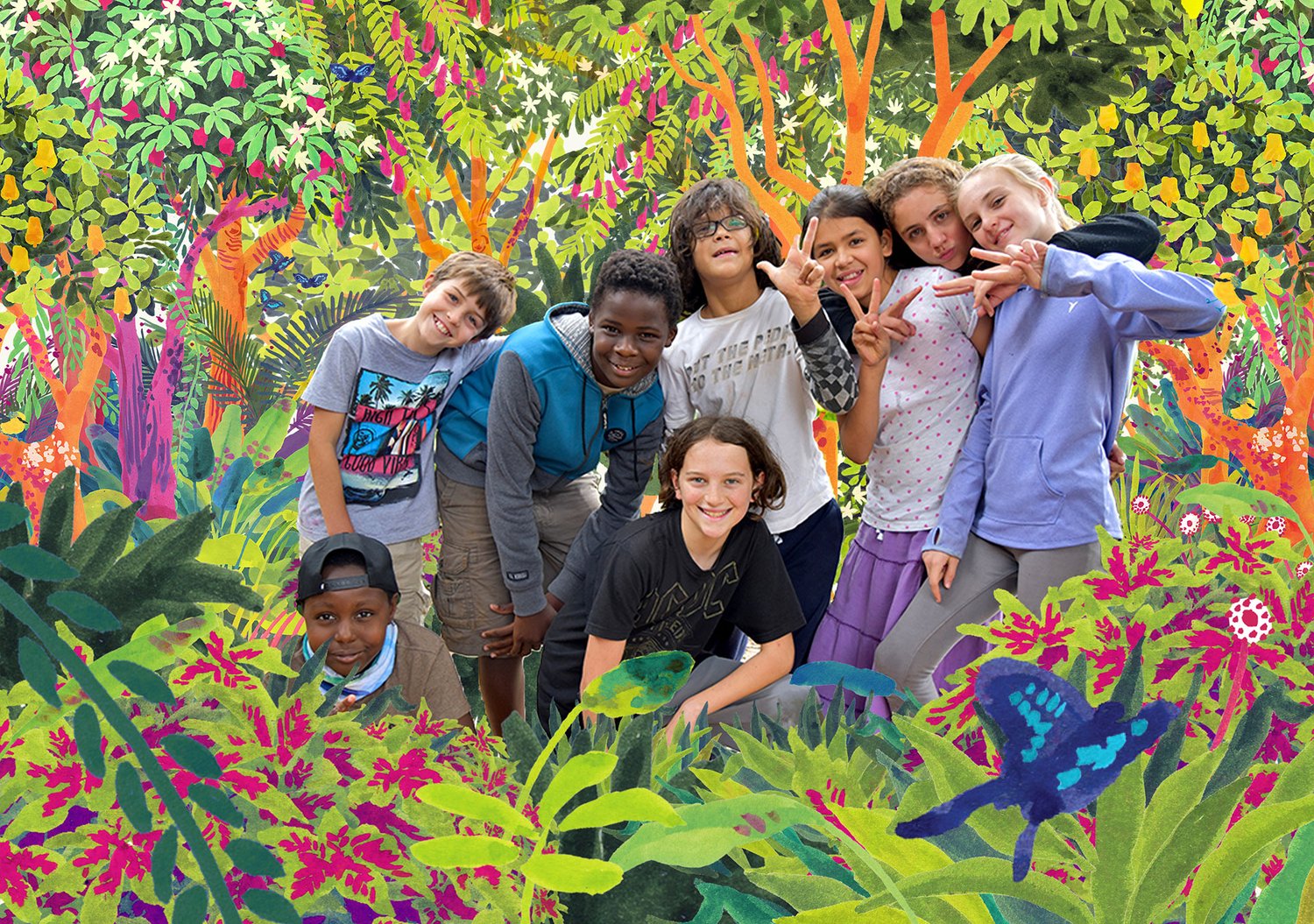
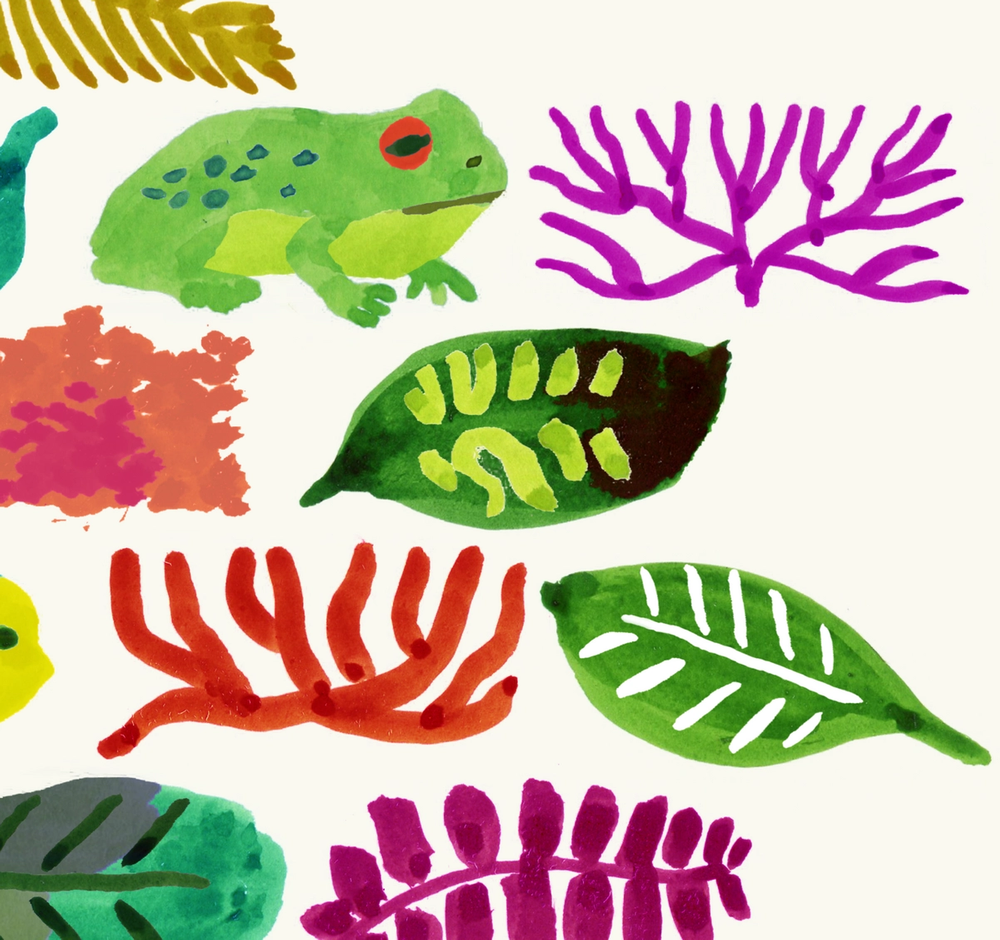
Partners in Rewilding
We embrace partners who share our vision of building biodiversity and green infrastructure. Each strategic collaboration is uniquely tailored.
We rewild with visionaries from iconic global brands to sustainable start ups, from city officials to pioneering designers, architects, and artists.



